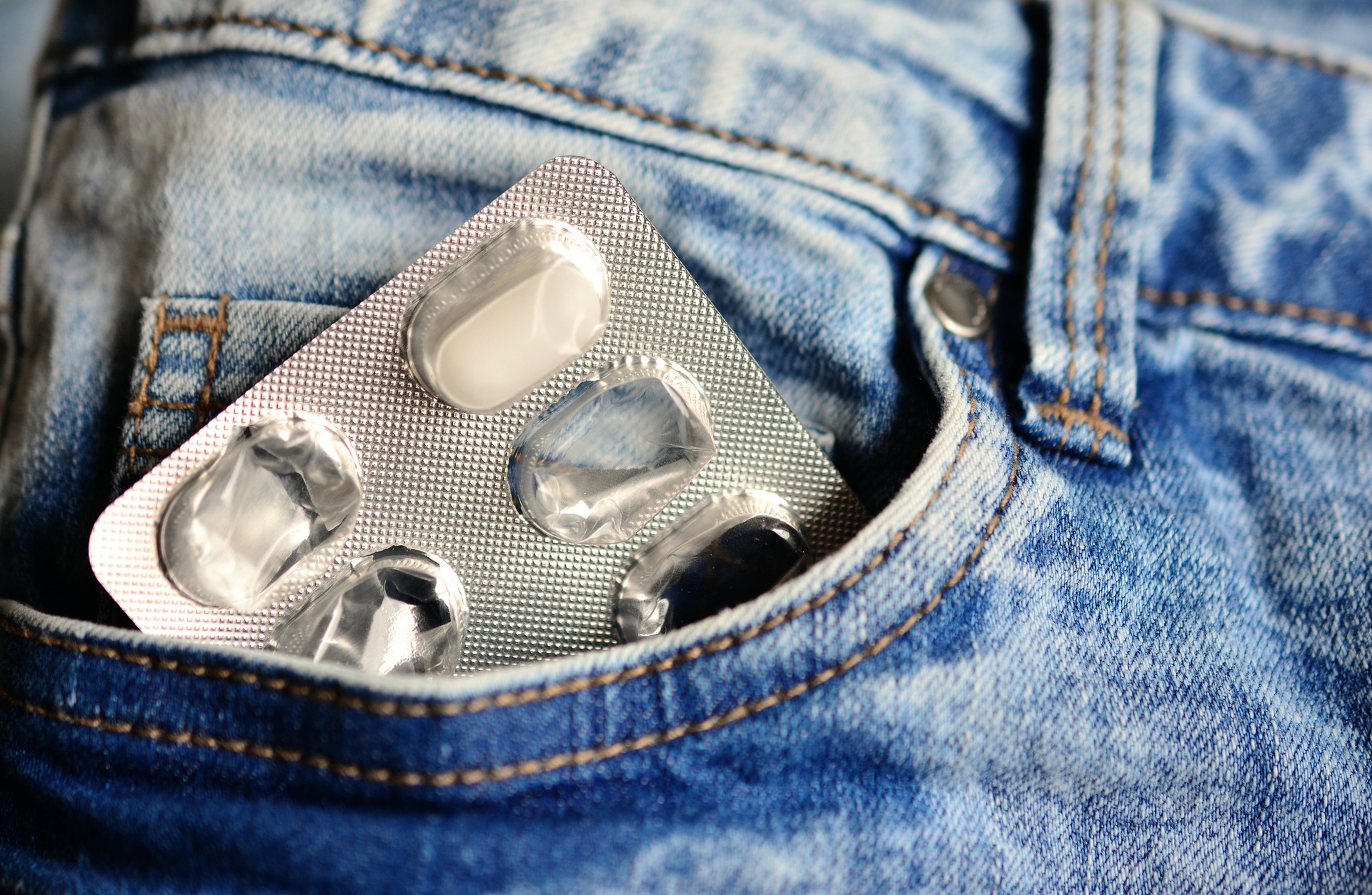British Columbia has been granted a three-year exemption to remove criminal penalties for people who possess a small amount of certain illicit substances.
Under the exemption adults with 2.5 grams or less of opioids, cocaine, methamphetamine or ecstasy will not be arrested, charged or have their drugs seized.
Instead, police are to offer information on available health and social supports.
The exemption was granted under the controlled drugs and substances act.
“The shocking number of lives lost to the overdose crisis requires bold actions and significant policy change. I have thoroughly reviewed and carefully considered both the public health and public safety impacts of this request,” said Carolyn Bennett, federal Minister of Mental Health and Addictions and Associate Minister of Health in a release.
“Eliminating criminal penalties for those carrying small amounts of illicit drugs for personal use will reduce stigma and harm and provide another tool for British Columbia to end the overdose crisis.”
Decriminalization is not legalization, the substances remain illegal.
B.C. is the first province in Canada to ask for this exemption.
“This exemption is a vital step to keeping people alive and help connect them with the health and social support they need,” said Dr. Bonnie Henry, B.C.’s provincial health officer in a release.
“By removing the fear and shame of drug use, we will be able to remove barriers that prevent people from accessing harm reduction services and treatment programs.”
Both provincial and federal governments will be working together to monitor the implementation of this exemption and address any unintended consequences.
The exemption will begin on Jan. 31, 2023 and run until Jan 31, 2026.




